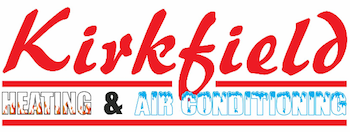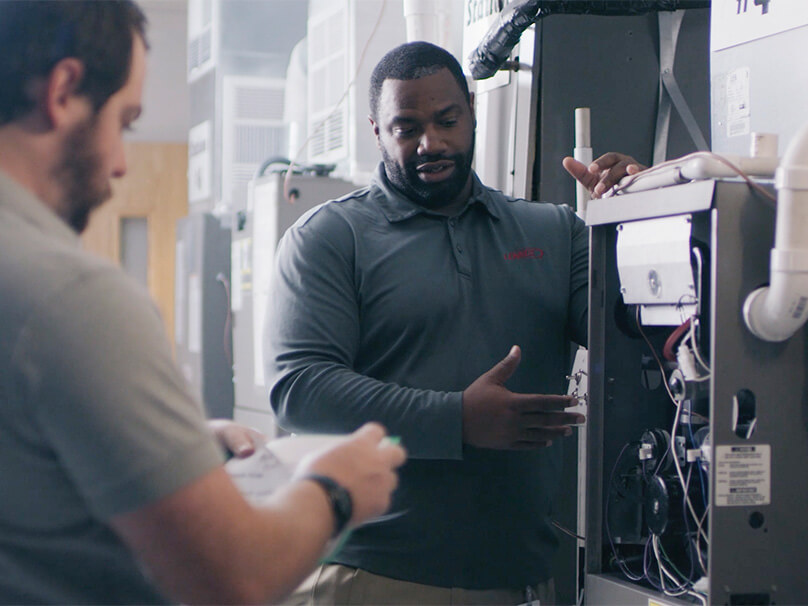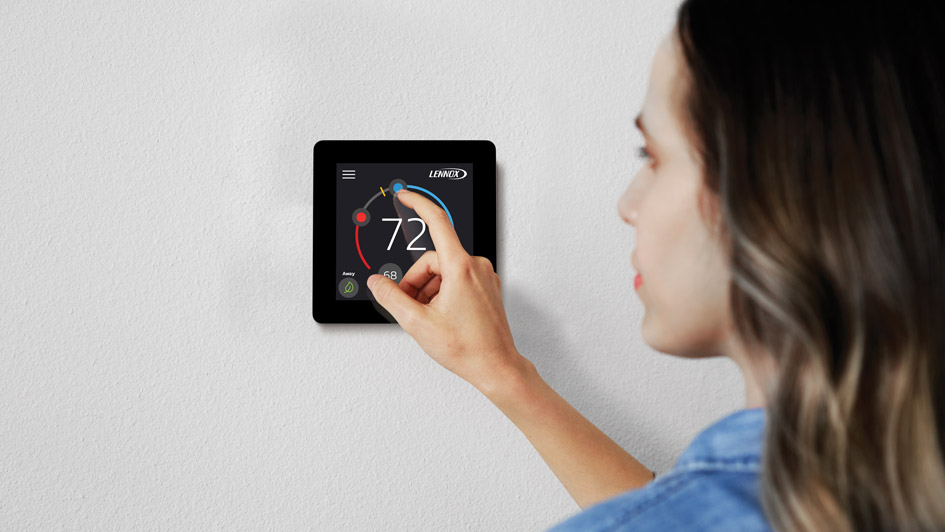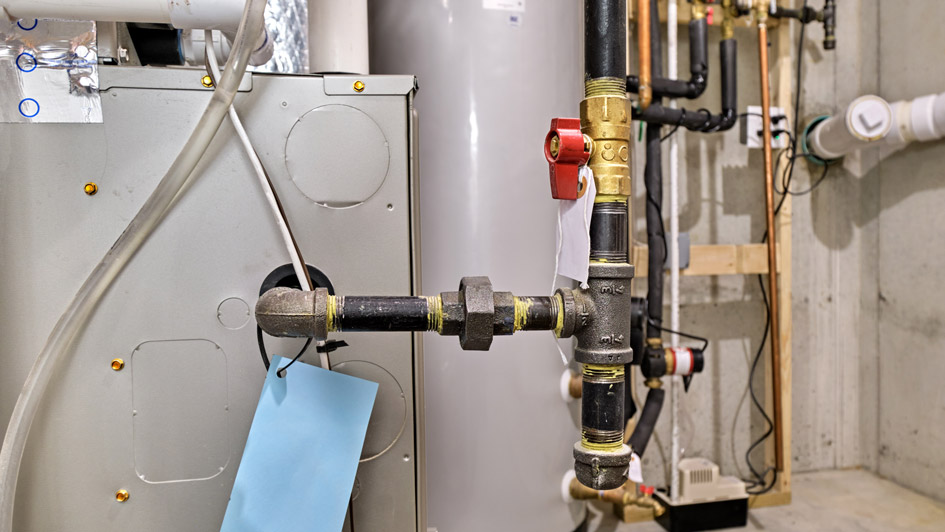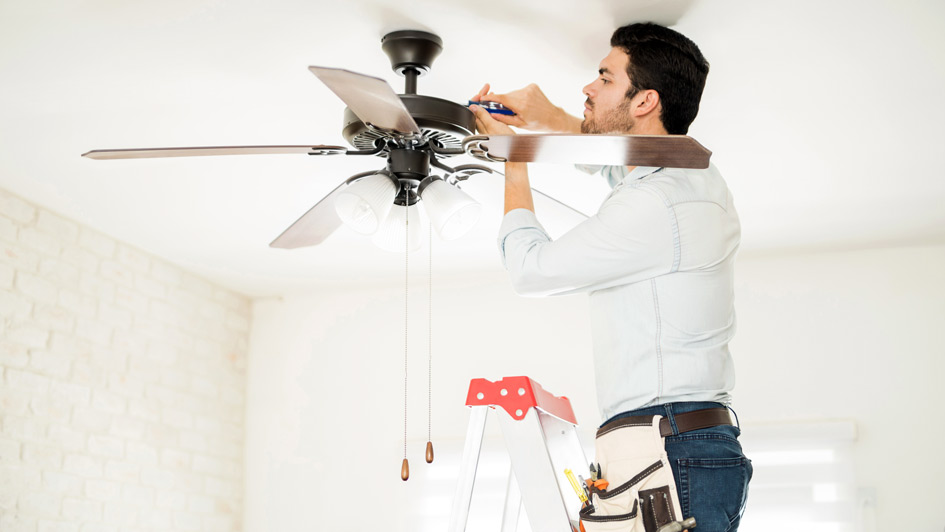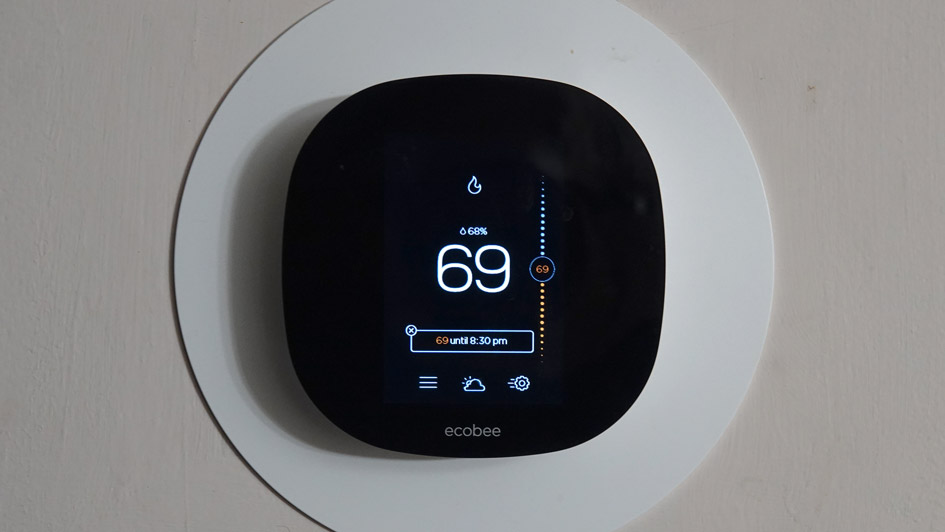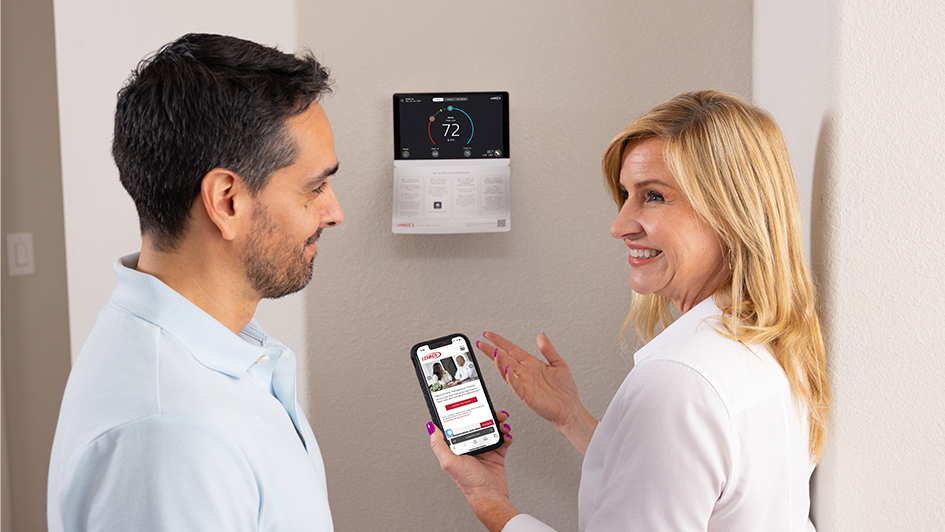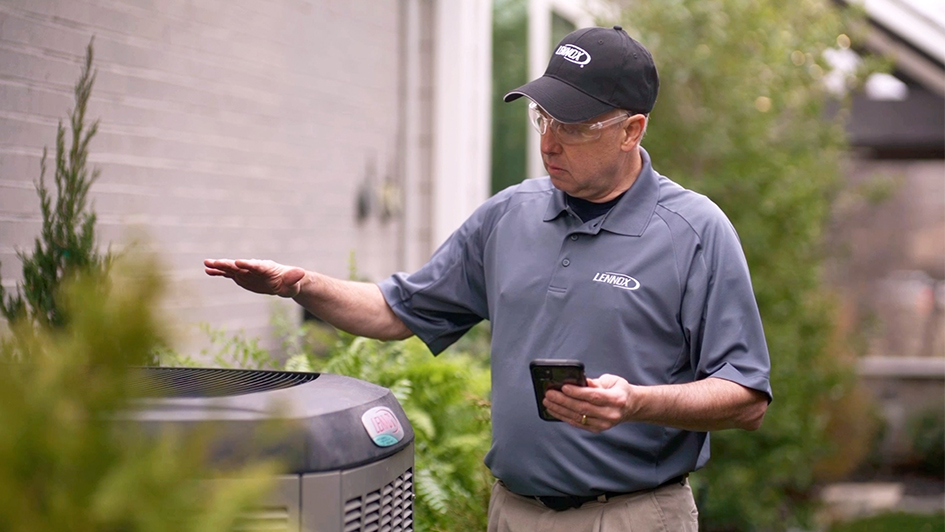Blog
Serving Winnipeg and These Areas
Kirkfield Heating & Air Conditioning
Winnipeg, MB R3H 0L3
Phone: 204-813-7767
Email: [email protected]
About Kirkfield Heating & Air Conditioning
At Kirkfield Heating & Air Conditioning, making your home cozy is our top priority. That’s why we provide reliable HVAC solutions and outstanding work in Winnipeg. Our professionals are knowledgeable in a complete range of services, so you can feel confident in your results. They’ll provide the assistance you are looking for, whether it’s adding an updated HVAC system or working on and inspecting your present unit. We’re ready to provide support for all of your needs, so ring us at 204-813-7767 or contact us online to get an appointment right away.
© 2026 Kirkfield Heating & Air Conditioning | All rights reserved
